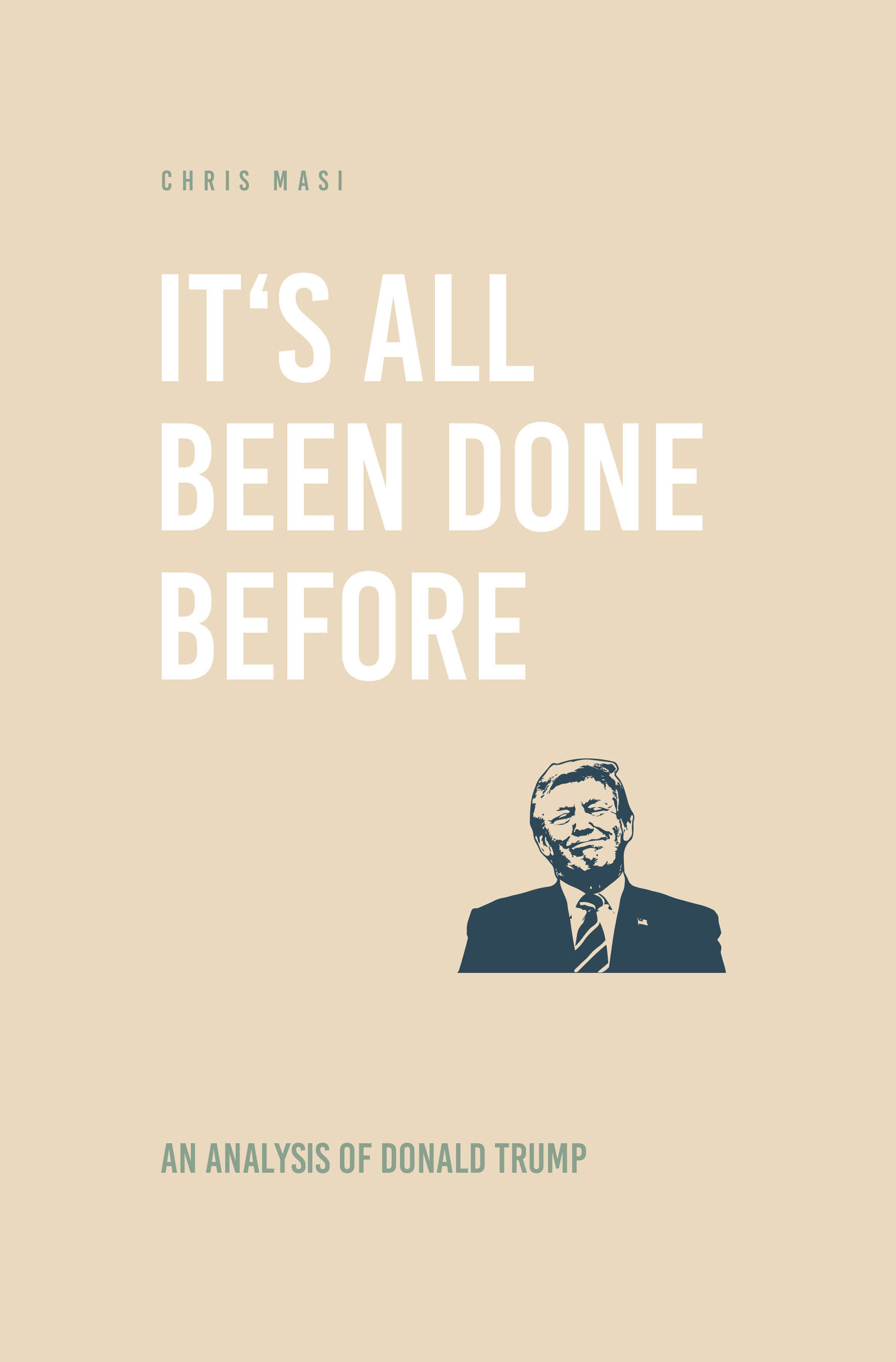All further reading recommendations
These are the further reading recommendations as they were given at the end of each chapter. Click the title to get to the article or the Amazon site of the book.
Chapter 1: The fundamental problem with self-help
Rolf Dobelli: The Art of Thinking Clearly
A good book to help us avoid faulty reasoning. While the book doesn’t include the reasons for faulty logic, it is a great tool to help avoid its effects. An insightful, easy read about our daily biases.
Chapter 2: What makes us happy?
Sonja Lyubomirsky: The How of Happiness: A New Approach to Getting the Life You Want
A research-based answer to the question what makes us happy. Read this book to replace self-help happiness biases with proven facts.
After Lyubomirsky’s first book, The Myths of Happiness provides a wealth of real-life examples of how to adapt her findings to your life.
Brickman, P. & Campbell, D.T.: Hedonic relativism and planning the good society, in: Appley, M.H. (Ed.) Adaptation-level theory, 287-305.
The influential text on hedonic adaptation and why we adapt to good things. Unfortunately, I was unable to find a link for this book. I will keep trying, so check back later if you are interested.
Robert Kiyosaki: Rich Dad, Poor Dad
Kiyosaki can help us reach the income we need to be happy without having to pursue extrinsic goals – a good book on financial literacy.
Chapter 3: Can we become anything we want?
Michael Rutter: Genes and Behavior. Nature-Nurture Interplay Explained
An introduction to how our genes and our environments define who we are, and how both aspects are interdependent on each other.
Frans B. M. de Waal: The End of Nature Versus Nurture, Scientific American 281, no. 6, 1999, 94–99.
An article about why it is futile to focus on one aspect of the nature vs. nurture debate.
Lawrence Wright: Twins. And What They Tell About Who We Are.
An introduction to heritability research with twins and what we can learn from this research.
Chapter 4: How do our minds work?
James Strachey: Civilization and Its Discontents
The complete works of Sigmund Freud. A great read for anyone who wants to understand how our minds work and why we do what we do. Some of Freud’s ideas are outdated (e.g., the Oedipus complex), but his central concept is still very much valid.
Steven Pinker: How the Mind Works
An overview of the latest research on how the mind works presented as a collection of funny, informative anecdotes and insightful stories.
A review of studies on Freud’s theories, proving the scientific soundness of his structural model of the mind and the theory of defense mechanisms.
Anna Freud: The Ego and the Mechanisms of Defence
Sigmund Freud’s daughter’s groundbreaking book on how the ego defends itself against unwanted desires. Ideal for anyone who wants to understand this process in detail.
Arthur Couch: Anna Freud’s Adult Psychoanalytic technique. A defense of classical analysis, International Journal of Psychoanalysis, 76, 153-171, 1995.
Similar to the Fisher & Greenberg book, but shorter, Couch’s text reaches a similar conclusion. Ideal for those who prefer an article to a book.
By updating Freud’s theories with insights generated by modern brain scans and by strongly relying on amygdala scripts, Stokes creates an easy 3-step process to solve the problems our mental processes create. A great book if you want to learn more about how modern medicine has validated Freud’s theories and which anatomic parts of our brain execute which function in Freud’s model.
Chapter 5: Why we do what makes us unhappy
Psychologist Joseph Burgo explains how our subconscious mental process creates defense mechanisms, how we can recognize our defense mechanisms, and how we can overcome them. A good read for everyone who wants to get to the bottom of their false replacements.
Alexander Lowen: Narcissism. Denial of the True Self
Psychologist Alexander Lowen details how the rejection of our true selves, of our feelings, and of our desires, can lead to deep psychological problems and unhappiness.
Chapter 6: Why it is hard to let go
See Chapter 5 (“Why we do what makes us unhappy”).
A brief overview of defense mechanisms and the scientific evidence confirming their existence.



